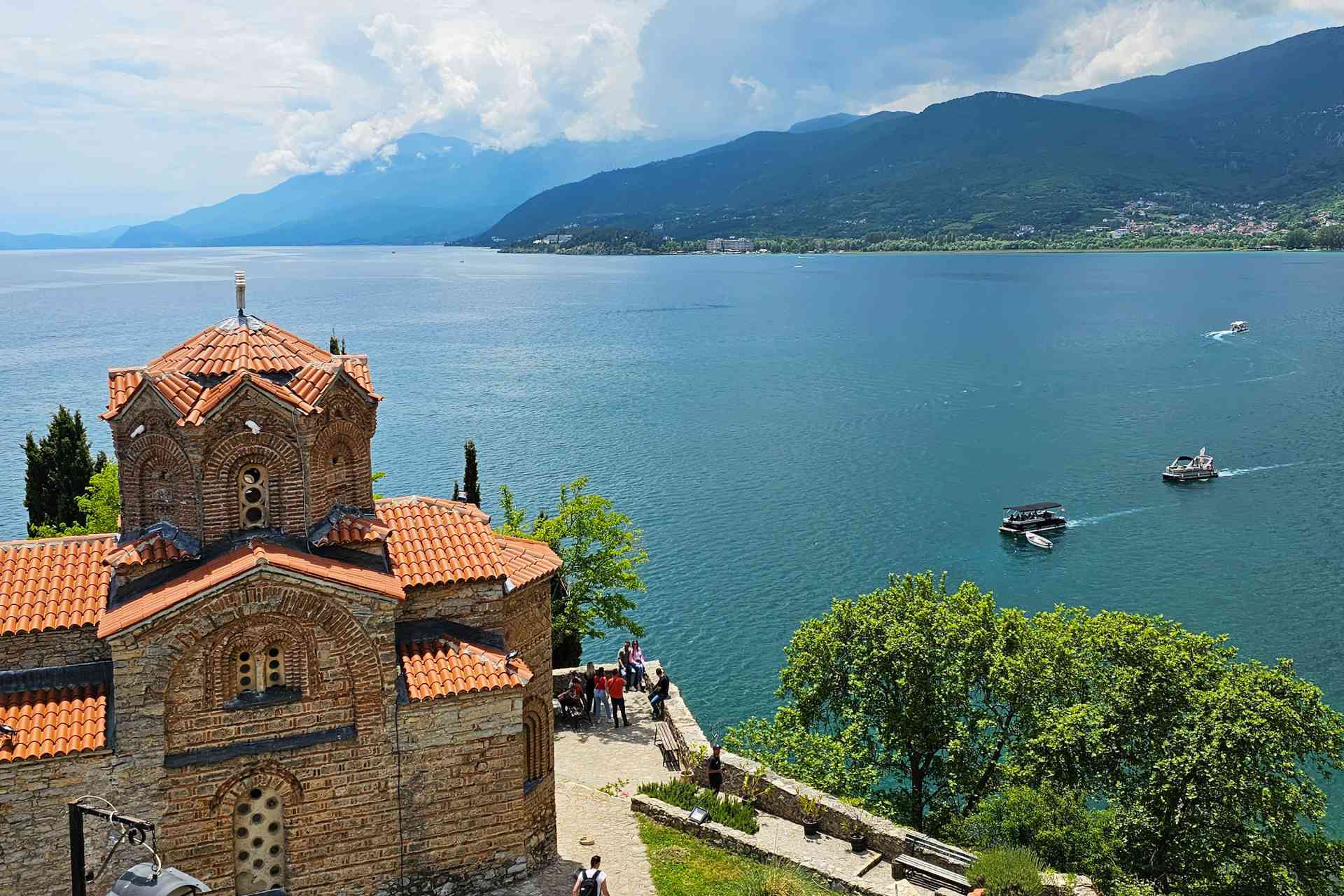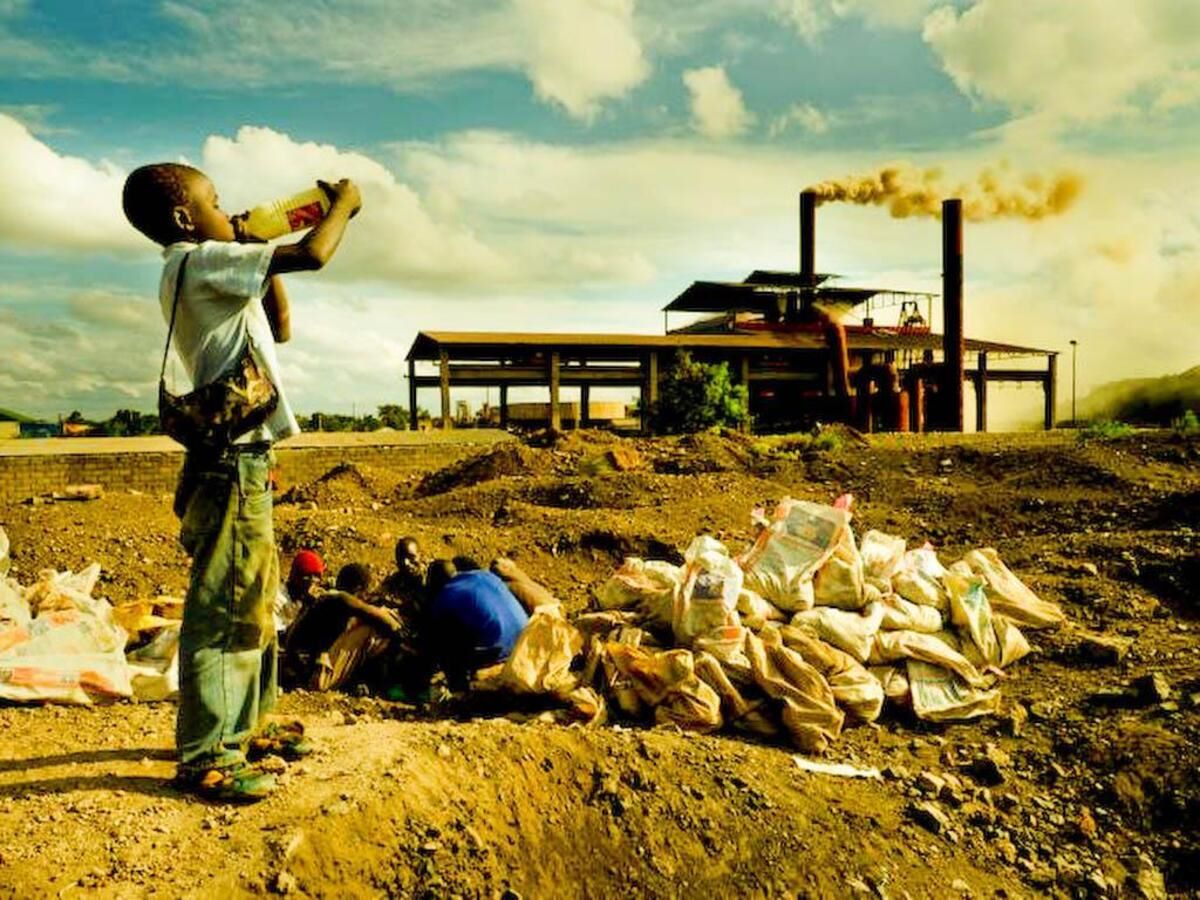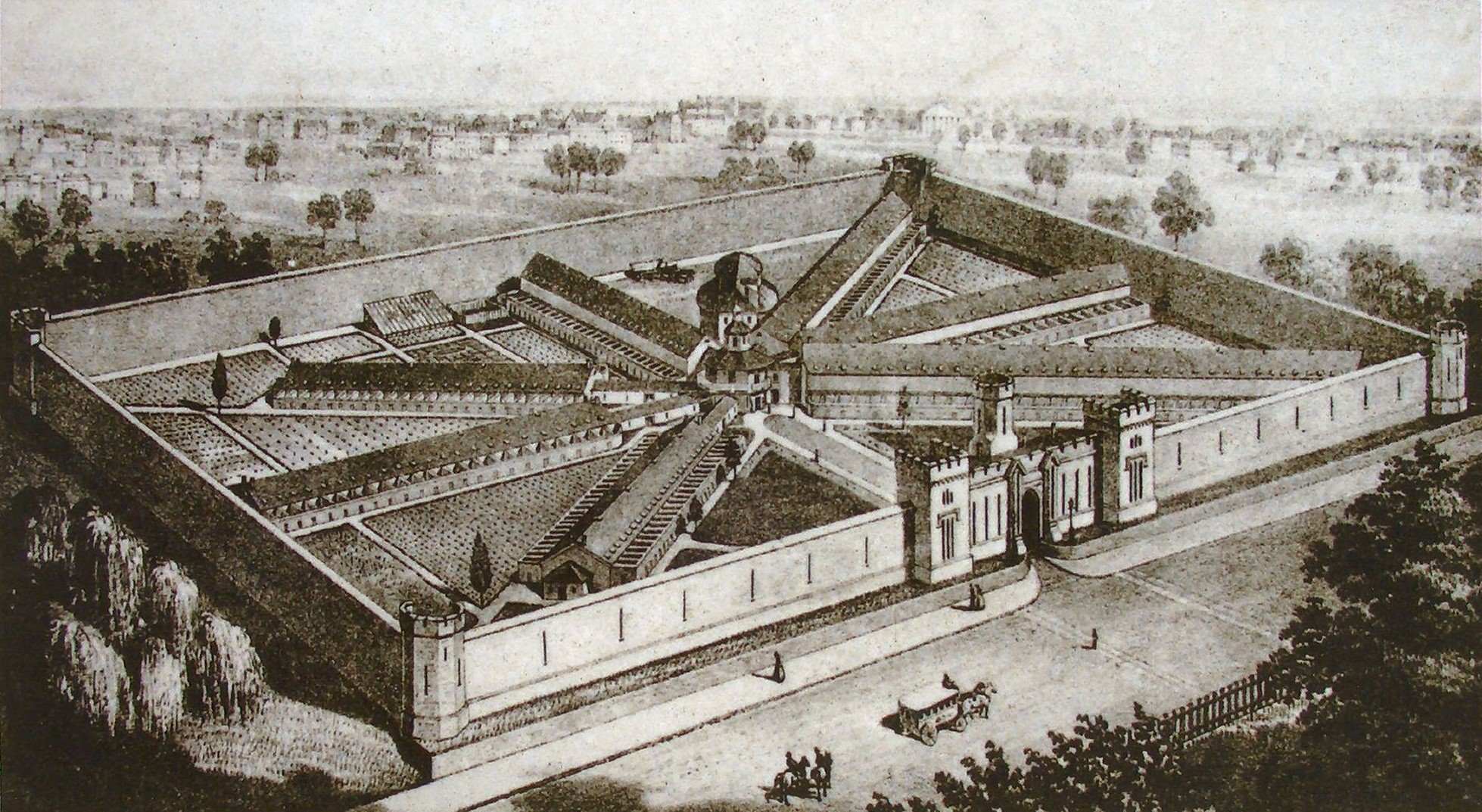
Ever wondered about the hidden gems scattered across the globe, each with its own unique story and charm? Well, let's zoom in on one such gem: Macedonia. Nestled in the heart of the Balkan Peninsula, this country is a mosaic of ancient civilizations, breathtaking landscapes, and rich cultural heritage. Macedonia is more than just a spot on the map; it's a place where history and modernity dance together under the vast, blue skies. From the echoes of Alexander the Great's conquests to the serene beauty of Lake Ohrid, Macedonia is a testament to the enduring spirit of humanity. Ready to dive into a world where every corner holds a tale as old as time? Let's embark on a journey through the 20 best facts about Macedonia, where each fact is a doorway to a new discovery.
Key Takeaways:
- Macedonia, nestled in the heart of the Balkans, boasts ancient history, natural wonders, and vibrant cultural traditions. From Alexander the Great to modern tech innovation, it's a country of rich heritage and promising future.
- With its ancient historical sites, diverse ecosystems, and vibrant cultural scene, Macedonia is a rising star in tourism and innovation. From traditional wedding festivals to modern tech startups, it's a country of ancient charm and modern potential.
Where is Macedonia Located?
Nestled in the heart of the Balkan Peninsula, Macedonia is a country rich in history and natural beauty. Officially known as the Republic of North Macedonia, this landlocked nation shares borders with Kosovo to the northwest, Serbia to the north, Bulgaria to the east, Greece to the south, and Albania to the west. Its strategic location has made it a crossroads of various civilizations throughout history.
A Glimpse into Macedonia's Ancient Past
-
Macedonia's history dates back thousands of years. The region was an important kingdom in the ancient world, most notably under the rule of Alexander the Great in the 4th century BCE, who expanded its territories to become one of the largest empires of the ancient world.
-
The famous Ohrid Lake in Macedonia is one of Europe's oldest and deepest lakes, offering insights into prehistoric ecosystems. Scientists have discovered fossilized remains of flora and fauna unique to the area, making it a significant site for paleontological research.
Cultural Heritage of Macedonia
-
Ohrid, a city on the shores of the lake with the same name, is often referred to as the "Jerusalem of the Balkans." This nickname stems from its once having 365 churches, one for each day of the year, showcasing the city's rich religious history and architectural diversity.
-
The Macedonian language is part of the South Slavic group of languages. It shares many similarities with Bulgarian and Serbian but has its unique characteristics and official alphabet, which was codified in the mid-20th century.
Macedonia's Natural Wonders
-
Mavrovo National Park, Macedonia's largest national park, is a haven for outdoor enthusiasts. It features the country's highest peaks, deepest caves, and the beautiful artificial Mavrovo Lake, offering a variety of activities from skiing to hiking.
-
The Stone Town of Kuklica is a natural phenomenon consisting of over 120 naturally formed stone pillars, created by erosion over millions of years. Local legends offer various explanations for their existence, including tales of petrified wedding guests.
Macedonia's Culinary Delights
-
Macedonian cuisine is a testament to the country's rich cultural tapestry, influenced by Mediterranean and Middle Eastern flavors. Dishes like Tav?e Grav?e, a traditional bean stew, and Ajvar, a pepper-based condiment, are staples in Macedonian households.
-
Wine production in Macedonia dates back to Roman times. The country's climate and terrain are ideal for viticulture, with Tikveš being the largest wine region. Macedonian wines, especially red varieties, are gaining international recognition for their quality.
Festivals and Traditions
-
The Gali?nik Wedding Festival is an annual event that showcases traditional Macedonian wedding customs. Held in the small mountain village of Gali?nik, it attracts couples from all over the country who wish to marry in a traditional ceremony.
-
Ilinden, celebrated on August 2nd, is one of Macedonia's most important national holidays. It commemorates the 1903 Ilinden Uprising against Ottoman rule and the establishment of the short-lived Krushevo Republic.
Modern Macedonia
-
In 2019, the country officially changed its name to the Republic of North Macedonia, resolving a long-standing dispute with Greece over the use of the name Macedonia, which is also a region in northern Greece.
-
Skopje, the capital and largest city of North Macedonia, is known for its eclectic mix of architectural styles. From the Ottoman-era Old Bazaar to the modernist sculptures and buildings, Skopje offers a unique blend of historical layers and contemporary urban life.
-
The country is making strides in technology and education, aiming to position itself as a hub for innovation in the Balkans. With numerous tech startups and a growing IT sector, Macedonia is on the path to becoming a significant player in the regional economy.
-
Tourism in Macedonia is on the rise, with visitors drawn to its ancient historical sites, vibrant cultural festivals, and stunning natural landscapes. The government is investing in infrastructure and marketing to attract even more international tourists.
-
Sports are a significant part of Macedonian culture, with football, basketball, and handball being the most popular. The national football team's participation in major international competitions has boosted the country's profile on the global sports stage.
-
Macedonian literature has a rich tradition, with poetry and storytelling deeply embedded in the national identity. Contemporary Macedonian authors are gaining international recognition, contributing to the global literary landscape.
-
The country's commitment to environmental conservation is evident in its numerous protected areas and national parks. Efforts are being made to preserve Macedonia's diverse ecosystems and promote sustainable tourism practices.
-
Macedonian music spans a wide range of styles, from traditional folk to modern pop and rock. The annual Skopje Jazz Festival is one of the most prestigious events in the Balkans, attracting jazz musicians and fans from around the world.
-
Education in Macedonia has seen significant reforms in recent years, with a focus on modernizing curricula and improving access to higher education. The government is investing in educational infrastructure and technology to prepare students for the challenges of the 21st century.
-
Lastly, Macedonia's art scene is vibrant and dynamic, with numerous galleries and art festivals showcasing the work of local and international artists. The country's rich history and cultural diversity provide endless inspiration for creative expression.
A Final Glimpse at Macedonia's Marvels
Macedonia, a country rich in history, culture, and natural beauty, offers a treasure trove of fascinating facts that captivate and educate. From the ancient city of Ohrid to the unique Cyrillic alphabet, each fact about Macedonia is a testament to its enduring legacy and vibrant present. Whether it's the deep roots of Christianity, the breathtaking landscapes, or the warm hospitality of its people, Macedonia has something for everyone. As we've journeyed through these 20 best facts, it's clear that this Balkan gem is more than just a spot on the map; it's a place where history comes alive, traditions are cherished, and natural wonders abound. So, next time you're plotting an adventure or simply craving a dive into the rich tapestry of world cultures, remember Macedonia and the endless stories it has to tell.
Frequently Asked Questions
Was this page helpful?
Our commitment to delivering trustworthy and engaging content is at the heart of what we do. Each fact on our site is contributed by real users like you, bringing a wealth of diverse insights and information. To ensure the highest standards of accuracy and reliability, our dedicated editors meticulously review each submission. This process guarantees that the facts we share are not only fascinating but also credible. Trust in our commitment to quality and authenticity as you explore and learn with us.


